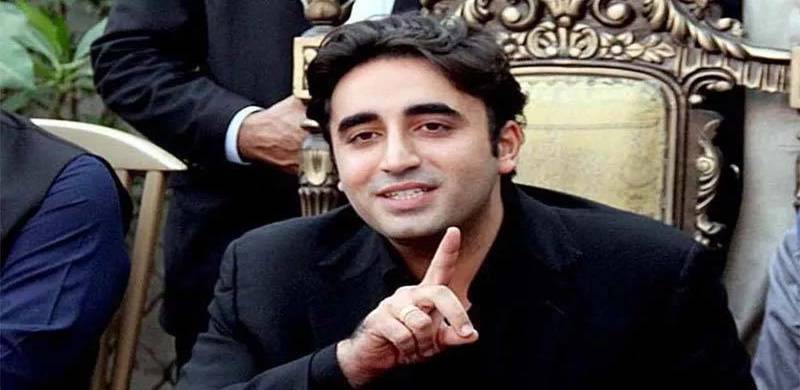
Bilawal Bhutto Zardari has issued a strongly worded statement against the Sharifs and their past. During his recent visit to Lahore, he said “Before Imran Khan, Nawaz Sharif was a selected premier.” He added that his mother late Benazir Bhutto ‘did not allow Mr Sharif to become Ameerul Momeneen (emir of Muslims) and led a vibrant opposition with just 17 members in the National Assembly (in 1997).”
Bilawal also said that like the ruling Pakistan Tehreek-e-Insaf, the PML-N also does not give importance to parliament as the opposition leader in the National Assembly Shehbaz Sharif was in London instead of being in Pakistan.
While Bilawal might be addressing his supporters in the Punjab where the PPP has lost considerable ground in the past decades. His statement ignores a major development – the charter of democracy. The acrimonious politics of 1990s was buried by late Benazir Bhutto and Nawaz Sharif when they signed the charter of democracy in 2006.
Both PPP and PMLN worked for restoration of democracy and were coalition partners after the elections of 2008. In fact the two parties did not conspire to dislodge the governments during 2008-2018. The PTI did not sign the charter of democracy. Its role during 2014 protests against Nawaz Sharif government was a replay of 1990s’ politics. Even then the PPP led by Bilawal’s father came in support of the Nawaz Sharif government
But the rupture in charter of democracy appeared when PPP in 2016 helped dislodge the provincial government in Balochistan and backed Sadiq Sanjarani as Senate chairman, who is considered to be a nominee of the establishment. Since 2016, Pakistan’s politics has changed and there is an urgent need for political players to reset the rules for civilian supremacy. Democracy in Pakistan will remain a failed project until all political parties are committed to a transparent and representative system and refrain from discrediting each other.
Bilawal also said that like the ruling Pakistan Tehreek-e-Insaf, the PML-N also does not give importance to parliament as the opposition leader in the National Assembly Shehbaz Sharif was in London instead of being in Pakistan.
While Bilawal might be addressing his supporters in the Punjab where the PPP has lost considerable ground in the past decades. His statement ignores a major development – the charter of democracy. The acrimonious politics of 1990s was buried by late Benazir Bhutto and Nawaz Sharif when they signed the charter of democracy in 2006.
Both PPP and PMLN worked for restoration of democracy and were coalition partners after the elections of 2008. In fact the two parties did not conspire to dislodge the governments during 2008-2018. The PTI did not sign the charter of democracy. Its role during 2014 protests against Nawaz Sharif government was a replay of 1990s’ politics. Even then the PPP led by Bilawal’s father came in support of the Nawaz Sharif government
But the rupture in charter of democracy appeared when PPP in 2016 helped dislodge the provincial government in Balochistan and backed Sadiq Sanjarani as Senate chairman, who is considered to be a nominee of the establishment. Since 2016, Pakistan’s politics has changed and there is an urgent need for political players to reset the rules for civilian supremacy. Democracy in Pakistan will remain a failed project until all political parties are committed to a transparent and representative system and refrain from discrediting each other.
